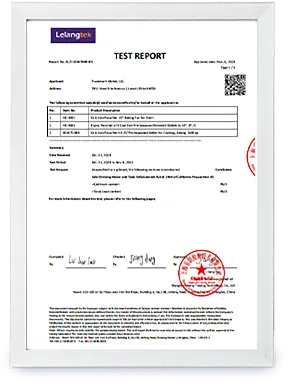Antibiotics undoubtedly play a vital role in ensuring the health and productivity of sheep. When used responsibly, they can effectively treat infections and contribute to the overall welfare of livestock. Nonetheless, the challenge of antibiotic resistance necessitates a careful and educated approach to their usage. By focusing on prevention, following veterinary guidance, and committing to responsible management practices, sheep farmers can protect their flocks and contribute to the broader goal of maintaining public health. As the landscape of livestock farming continues to evolve, ongoing dialogue and collaboration among farmers, veterinarians, and regulatory bodies will be essential in finding sustainable solutions that balance animal welfare, economic viability, and the imperative to combat antibiotic resistance.








